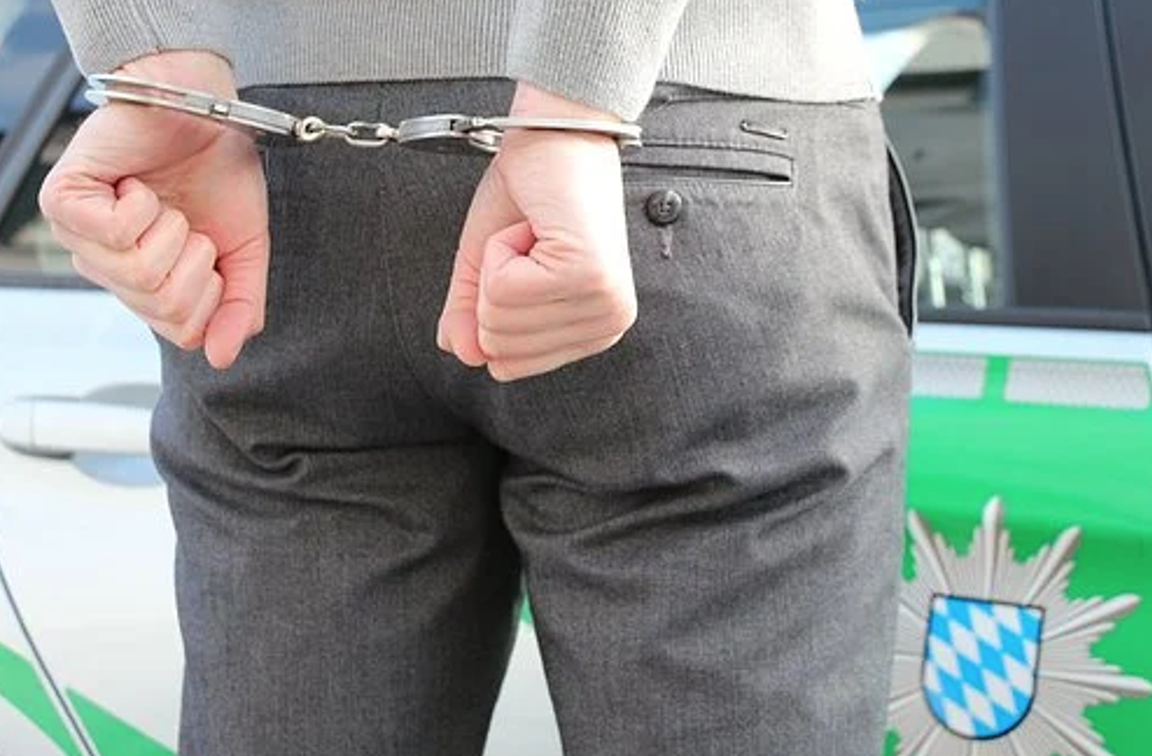How probable is Probable Cause?
Sep 01, 2020 06:28
If you have an encounter with the police and are arrested, you must want to make sure that they do have a valid reason for doing so. That is precisely what the concept of Probable Cause is all about. Whether it is an arrest, they conduct a search or seize some property related to an alleged crime, you want proof that Probable Cause existed before those actions are taken.

When can a court issue a warrant?
For a court to issue a warrant ordering either someone to be arrested, a search to be conducted or property to be seized, it must be because Probable Cause exists. Also, if a defendant is going to be charged with a crime, Probable Cause must exist.
How does an officer obtain a warrant?
In order for an officer to obtain a warrant, they must first sign an affidavit in which the situation is explained. That is, the facts must make it clear why there is a reason for someone to be arrested, for a search to take place or for property to be seized. The judge will study the content of this affidavit and issue the warrant based on the totality of the circumstances which lead to the conclusion that Probable Cause exists.
Obviously, there are many cases where a warrant is not required. These are instances where a public officer is a witness to a felony. In these cases, Probable Cause will have to be shown after the fact and will also be needed in order to prosecute the defendant.
When does Probable Cause for an arrest exist?
Probable Cause exists when a police officer has knowledge of certain facts and circumstances that would lead a reasonable individual to have confidence that the suspect is about to commit a crime, is committing a crime, or has already committed a crime. It’s important to note, however, that the facts and circumstances must exist and the police officer must not just be requesting a warrant simply out of suspicion or because they have a hunch.
What if you are just detained and not arrested? Does Probable Cause still need to exist?
In cases of temporary detention, Probable Cause does not need to exist, just what is termed Probable Suspicion. This happens in cases of car or pedestrian stops or when occupants are detained while a search warrant is executed. Of course, many temporary detentions do turn into arrests but it’s hard to pinpoint exactly when one turns into the other.
Why do some searches get carried out without a warrant?
In some cases, a warrant is not needed, such as:
● When the people in charge of the premises give their consent
● When certain searches are connected to a lawful arrest
● When emergency situations are present and not acting quickly would endanger or threaten the public or would mean the loss of evidence
Get the Legal Help You Need Now
If Probable Cause exists due to the amount and quality of the information in the hands of a police officer, and you have been arrested, your private property has been searched and you have been charged with a crime, having the right legal representation can make a world of difference to your case. The experience and dedication of Parikh Law, P.A. is just what you need now. Make an initial appointment today.







































































